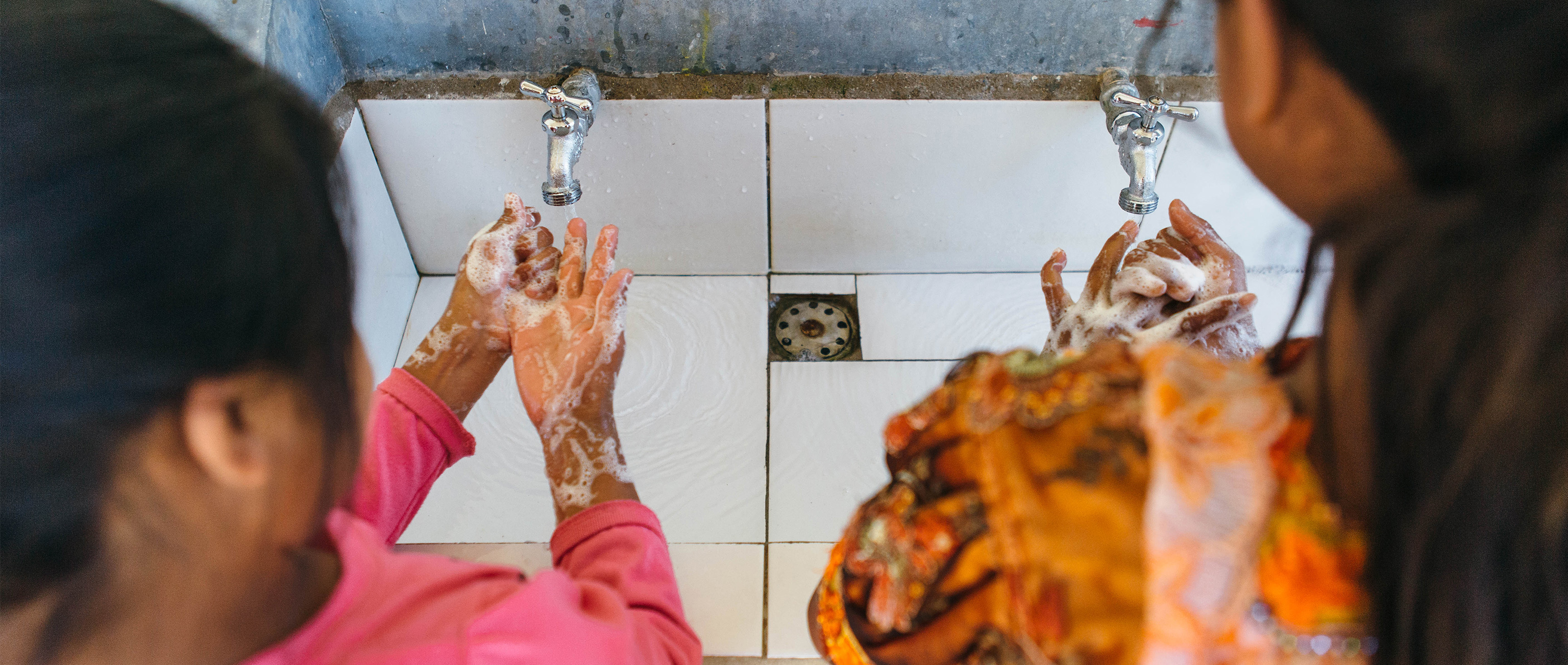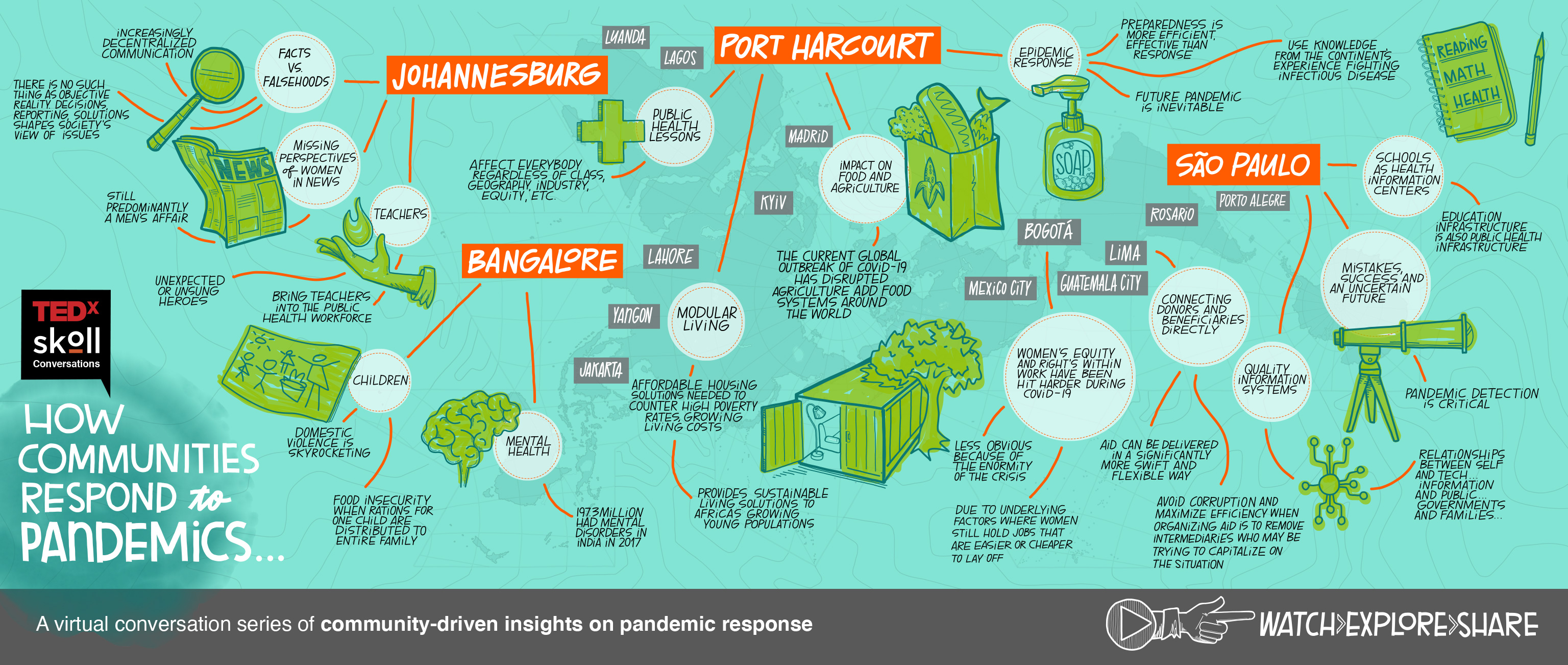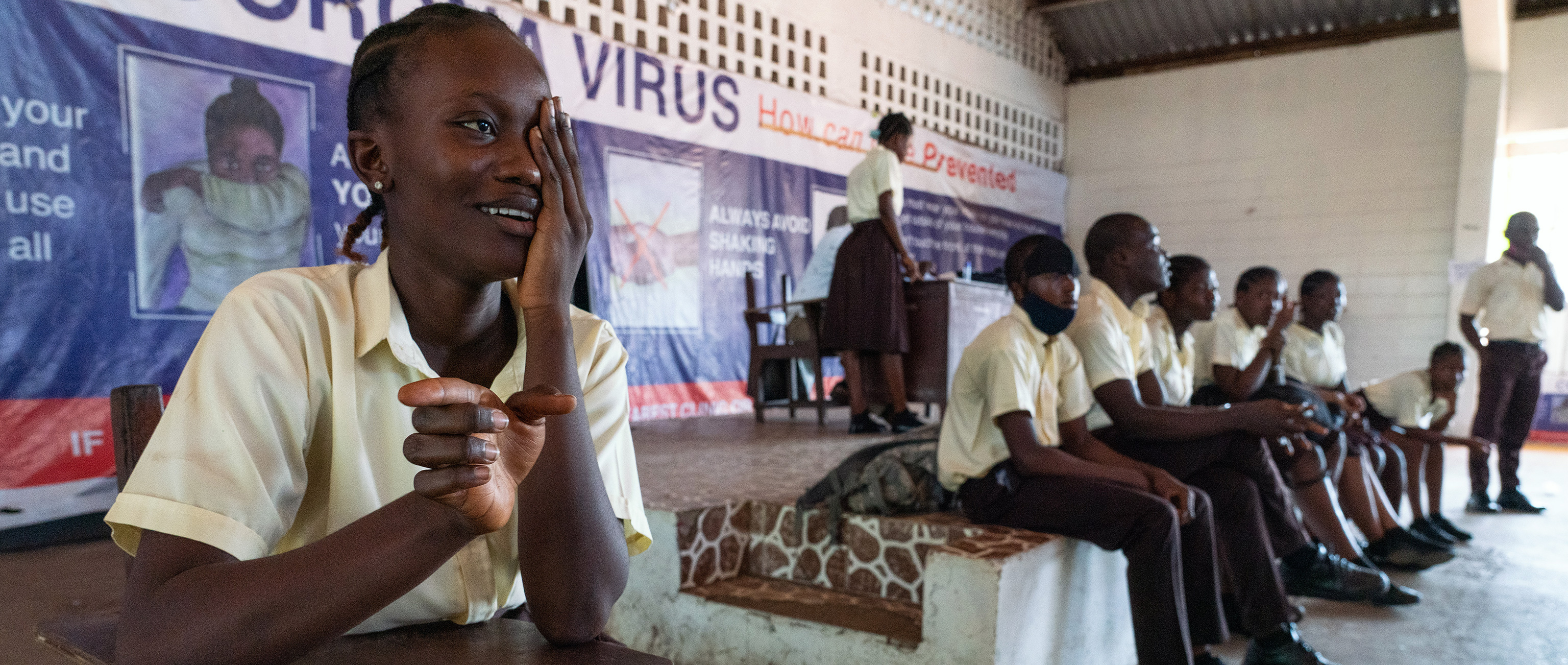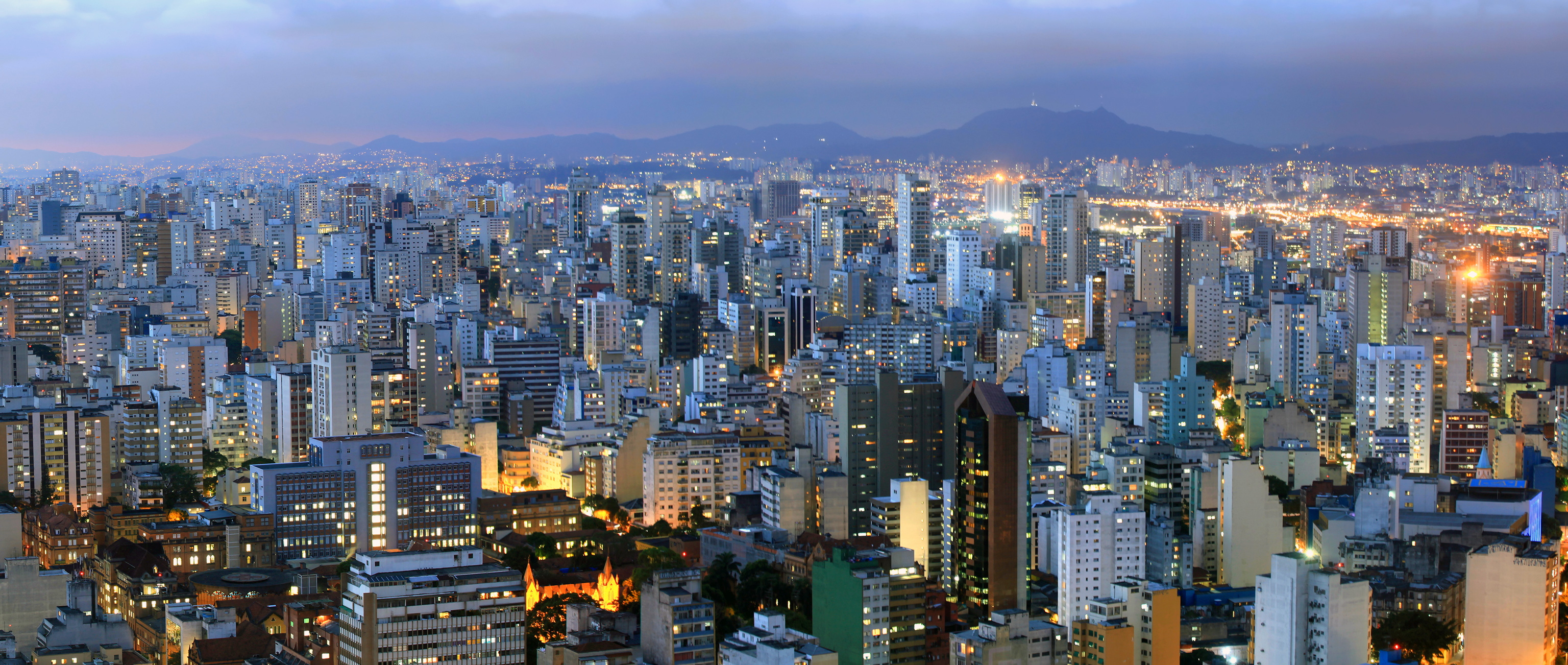It Took a Pandemic to Show that Handwashing is a Lifesaver—and a Privilege
It took a global pandemic to raise the world’s awareness of the importance of handwashing and access to clean water – basic services that over 2 billion people in the world still lack.
Many of us in the US and Europe worry about whether we can get toilet paper, face masks, and hand sanitizer (we all have enough soap!). The majority of the world’s population wonders though what they will eat for dinner, if they’ll be able to get water, and how much money they‘ll earn today – if any at all. What when COVID-19 really does reach the world’s most vulnerable populations—those without the luxury of social distancing or working from home? The results could be devastating. The lack of sufficient testing, belies the true level of infection. If we compare COVID-19 to Ebola, we can imagine what the future may hold. About 11,000 people have died of Ebola in 10 countries. While not as deadly, COVID-19 is much more contagious and widespread.
Our organizations, Water For People and IRC, are dedicated to improving the quality of life for people in low and middle-income countries through the development of water and sanitation services and hygiene education. This is our everyday work, and it has been for a combined 81 years. We ensure people living under $2 a day can get ready for, and be resilient to, threats like COVID-19. AND IT WORKS! Knowing you have access to safe water and a clean toilet changes everything. The way of life for millions of people has improved in thousands of villages and low–income urban areas through the dedication of our global teams. Water and sanitation aren’t rocket science – they’re simpler than vaccine development. Yet they aren’t sexy enough to attract the funding resources needed. Perhaps that will now change with COVID-19.
Clean hands save lives
Water and sanitation face an estimated $114 billion annual funding gap for the next decade. National governments don’t give enough priority to sufficiently fund this work. Funds collected by system users (domestic and industrial) are insufficient to cover the operational costs while continuing to invest in the new infrastructure required to meet Sustainable Development Goal 6 – water and sanitation for all – by 2030.
Our voices in the water, sanitation and hygiene (WASH) sector are not loud enough to break through the noise and political chatter in the daily news.
Instead, we piece together government allocations, user fees, philanthropic donations, and aid dollars to reach as many people as we can with improved services. But it isn’t enough. And because it isn’t enough, the quiet, recurring mortality rates never stop. As of writing, over 200,000 people have died from COVID-19. We are riveted to the daily reporting and have no way of knowing where these numbers will eventually stop.
But what we do know is that 842,000 people die every single year from a lack of safe drinking water, inadequate sanitation, and poor hygiene. Why isn’t this daily headline news?
Moving from awareness to advocacy and influence
Thanks to COVID-19 awareness, many people now realize that deadly disease transmission can be slowed or stopped by having access to water and soap, by doing a good job washing their hands, and by not touching their faces. These are the basic tenets of hygiene education that we teach around the world every day.
Because of COVID-19, our message of making handwashing an important part of everyday life has been amplified. It has become mainstream.
Yet in the urgency of mobilizing a global response, with the world fixated on ventilators and personal protective equipment, we still struggle to get across this most basic message: where there is no medical treatment available, a health response is access to water and sanitation.
Deaths due to inadequate water and sanitation services are almost entirely preventable, and water and sanitation can act as a firebreak to new diseases for which we have no cure. Yet to do so, they need attention and investment.
Here are three ways you can help:
- Influence Congress to support emergency supplemental funding for WASH to support COVID-19 response by signing this petition led by the Millennium Water Alliance
- Support organizations like Water For People and IRC that are part of Agenda For Change – a coalition of sector partners who are collectively taking action to drive systemic change toward sustainable water, sanitation, and hygiene services.
- Spread the word that May 5 is both World Hand Hygiene Day and #GivingTuesdayNow, a global day for charitable giving in response to the unprecedented need caused by COVID-19.
Hopefully the spike of interest in hygiene and handwashing that came with COVID-19 will help water and sanitation to be seen as the fundamental public health interventions that they are. Hopefully proper funding will follow. Hopefully the rising visibility of WASH is a permanent trend and not a blip. And hopefully, finally, the world will wake up and realize that we already have the solution to deliver basic water and sanitation services to everyone on our planet. We can make ourselves more resilient to pandemics. Now, we just need the financial commitment to get it done!
image courtesy of Water for People: Two girls wash their hands with soap and water. Water now flows reliably from a tap at their school, thanks to Water For People’s work in their rural Guatemala district.
Read more about how the Skoll Foundation is responding to COVID-19.
Want more stories of transformational change on the world’s most pressing problems? Sign up for Skoll Foundation’s monthly newsletter.



